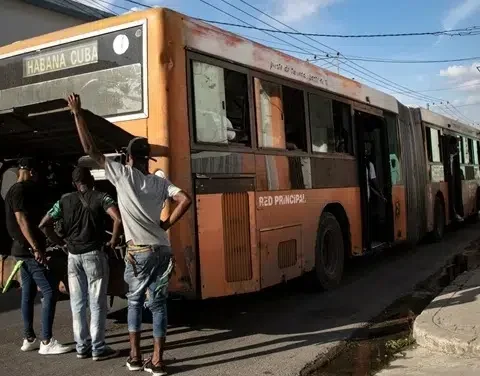
After taking place these days, an educational campaign against harassment in public transport -where several complaints have been made in different parts of Santiago-, the proposal to implement exclusive cars for women in the Metro was once again considered.
Within the meetings that took place regarding the campaign, the governor of the Metropolitan region, Claudio Orrego, detailed to bio bio that the corresponding actors from the police, ministries, student leaders and representatives of the Metro and Transantiago participated in the meeting. In said instance, the proposal to divide some wagons by gender was addressed.
“It seems to me that it has to be studied,” Orrego commented. “You cannot close a priori to something that the same student leaders, the Confech spokesperson, are proposing because they feel insecure,” he said.
Orrego assured that an educational campaign against sexual harassment in transport could require a cultural change that could take years to become an effective solution to this issue, and in the meantime the authority wondered what measures could be adopted.
Since, for her part, the Minister for Women, Antonia Orellana, was against the idea, since in her opinion, this measure normalizes harassment. However, Orrego disputed that there are many women who feel insecure in the Metro and invited the company and the minister to “evaluate it, to see the evidence of what has happened in Japan, India, Mexico and Brazil. ”.
“Clearly, a culture change campaign must be carried out, there is also a new harassment law that establishes prison sentences and fines, but the question is what do we do in the meantime (…) A voluntary alternative can be created, because we are not proposing a mandatory segregation,” he added.
Along these lines, he assured that it is not a measure that “attacks freedom and neither is it something that normalizes harassment, rather it makes it visible.”
He insisted that the campaign against harassment in public transport seeks to make it visible and raise awareness, “I ask the authorities not to close us a priori, let’s discuss, let’s put the evidence. If the problems are more than the benefits, let’s not do it, but let’s not close the debate before ”, he reiterated.















